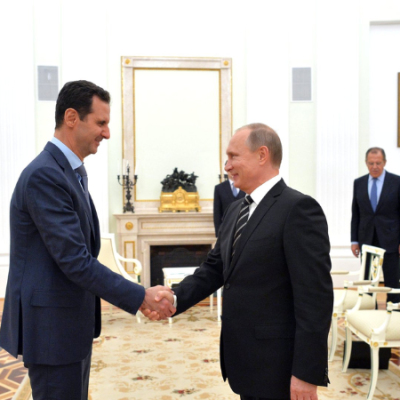Egyptian designer pays tribute to Arab singers with new jewelry collection

The jewellery created by renowned Egyptian designer Azza Fahmy is now some of the most sought-after in the world. Top entertainers in Egypt, including Soad Hosny and Yusra, have adopted her distinctive gold-and-silver items decorated with Arab motifs and engravings.
International celebrities like Rihanna, Kerry Washington, and Julia Roberts have also embraced it. From her base in Cairo, Fahmy said, “When we explain to them what’s written, they’re thrilled because it’s something fresh.” “I’m fusing philosophy, calligraphy, and wisdom into what you’re wearing.”
Fahmy began her career in the late 1980s, and her meticulous handiwork is inspired by her love of Arab culture and history, whether it be through Kahlil Gibran’s poetry, Egyptian symbols, or Mamluk buildings. She refers to it as “intellectual jewellery,” which she describes as reflecting both her educated background and her constant desire to inform the public.
“I grew up in a home where reading is common. For me, reading is incredibly important. There were many things I admired about them that had an impact on me, adds Fahmy. “Our jewellery is intellectual because it embodies an Arab identity that has the power to either change or enhance people’s lives. I enjoy expressing to others my passion for Arab culture.”
Read | Egyptians ask British Museum to give Rosetta Stone back
Fahmy recently unveiled a new collection with a musical concept that honors legendary Lebanese, Syrian, Egyptian, and Algerian vocalists who were successful during the 1960s and 1990s. Everyone in this collection is given credit; each song’s composer and lyricist are also acknowledged. In “The Golden Age of Arab Love Songs,” artists like Warda, Fayrouz, and Sabah Fakhri sing love songs that are embedded in rings, bracelets, and necklaces.
An item that is especially dear to Fahmy is an 18-karat gold and sterling silver ring bearing lyrics from the timeless song “Batwanes Beek” by Warda.
“I am a member of the generation that includes Farid Al-Atrash, Mohammed Abdel Wahab, Umm Kulthum, and Abdel Halim Hafez. They performed wonderful music,” says Fahmy. “Therefore, I reasoned, ‘Why don’t I transmit that nostalgia?’ Maybe it made folks feel something.



